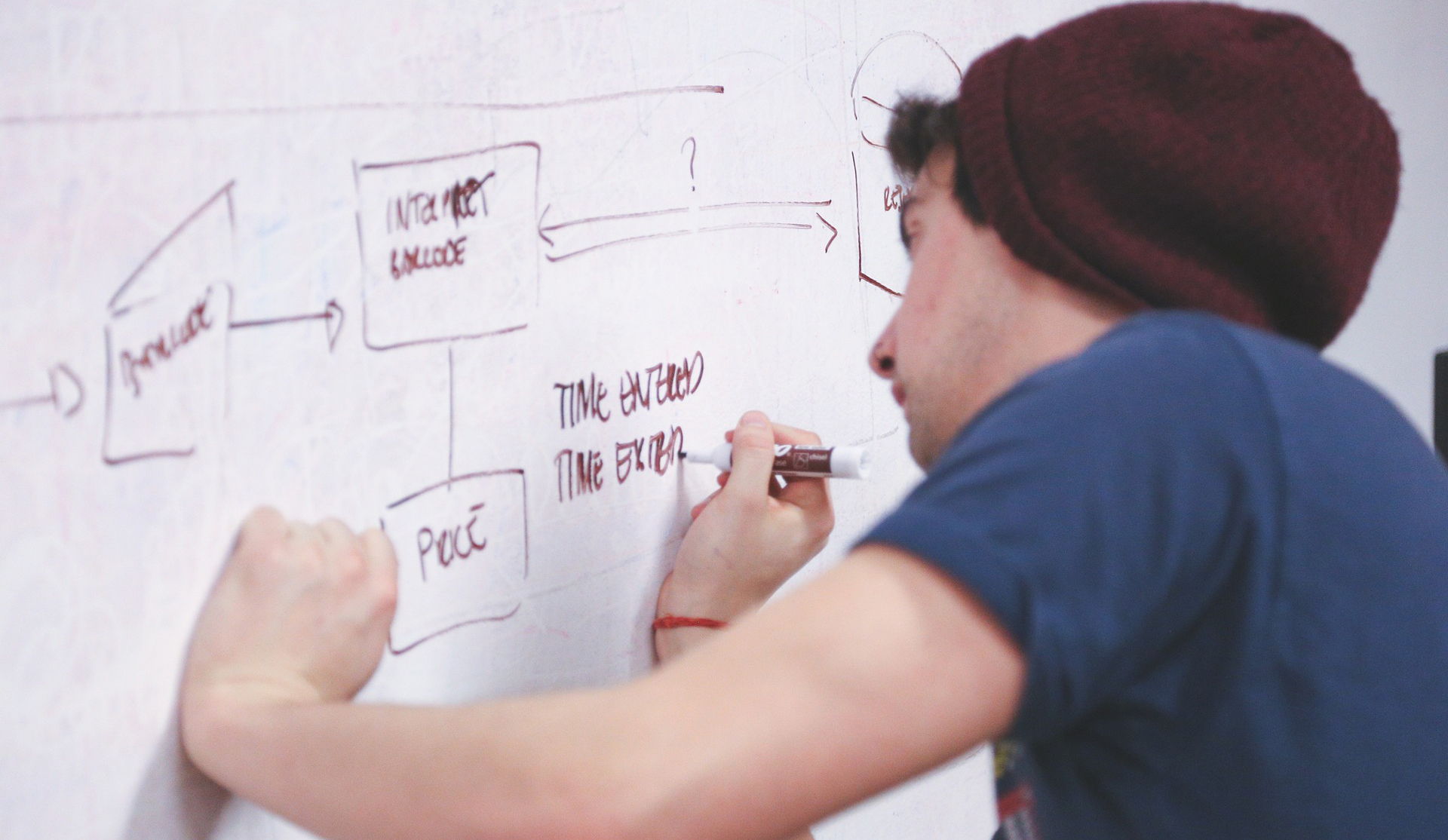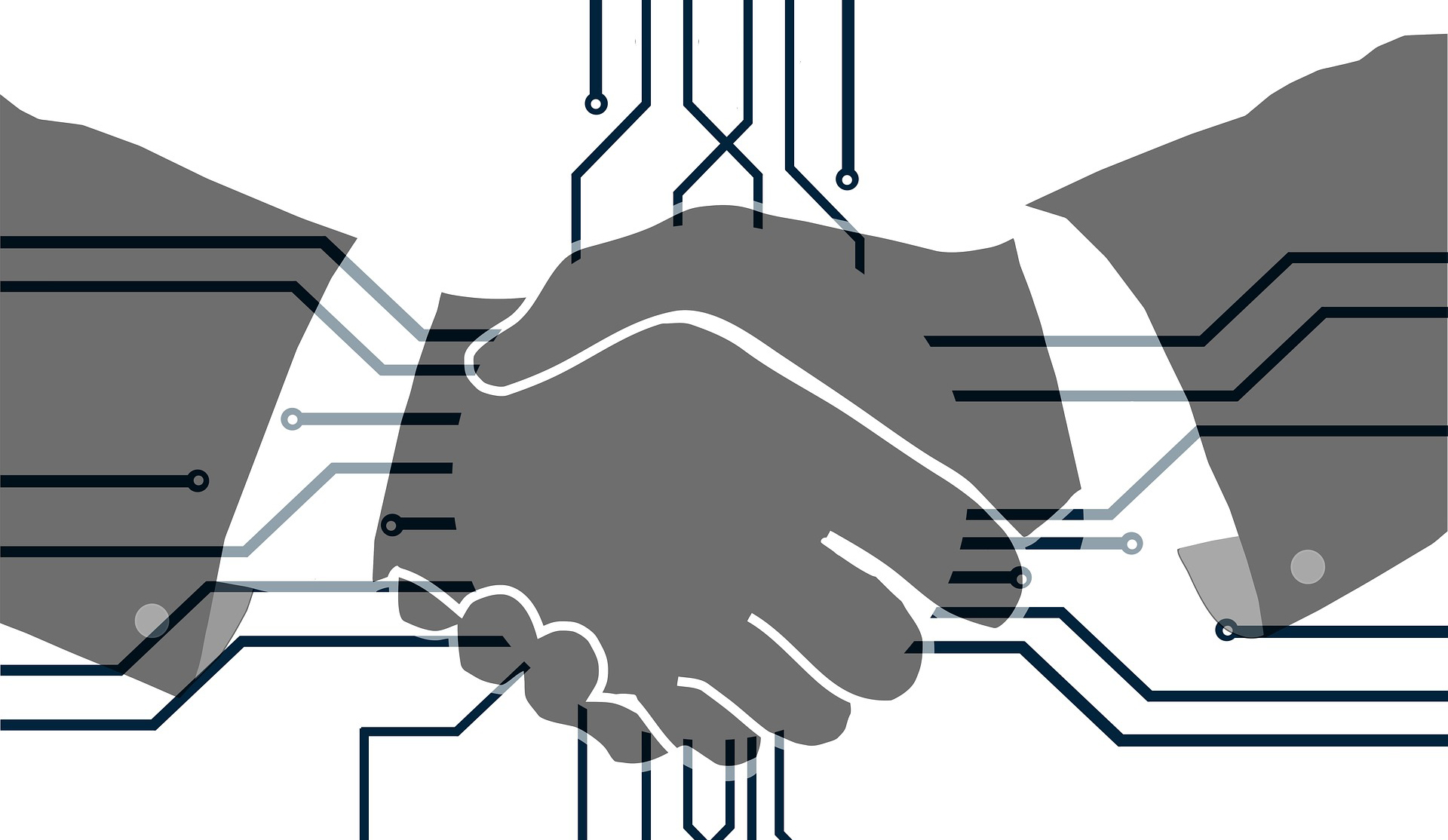Mark Andreessen and Ben Horowitz reaffirm their legendary ability to identify and capitalize on cutting edge themes in technology in this great podcast. Their insights are both novel and counter intuitive and they force you to rethink your views on everything from negative interest rates to how startups should price their products. I want to highlight 5 ideas that truly force you to “flip” how you currently view the world.
- Chips will be free and ubiquitous. Massive deflation now characterizes the semi-conductor industry (and the economy in general) and in the near future chips will be free, capable of processing at AI levels, and, as a result, embedded in everything from cars to buildings. This will make the physical world programmable.
- GPU not CPU. Increasingly, AI developers embrace Nvidia, shift from Intel, and build on the GPU from the outset. Andreessen and Horowitz both see this as a natural extension of a multi-decade trend that began in physics labs with simulations of black holes and complex fluid dynamics. As AI driven virtual reality expands, we now need to stimulate entire worlds and their physics on people’s smartphones. The GPU enables this.
- Voice trumps touch. While the whole tech world assumes that Apple and Google will dominate the next generation of technology because they control IOS and Android it turns out that legacy phone platforms are a disadvantage. Horowitz argues that the phone as a UI is not natural, that natural language interfaces will prove to be more functional, and that the legacy phone platforms are a strategic disadvantage. Amazon fails at phones, but then leapfrogs with Echo. Voice trumps touch.
- Negative interest rates are good. Andreessen offers a highly contrarian view of negative interest rates. He views them as source of untapped capital — $10 trillion worth of untapped capital — that now bides its time in the bizzaro world of negative yield and awaits new chances to be spent on future projects. This contrasts greatly with the dower pundits on Twitter who view them as a sign of the pending apocalypse. The world is awash in capital.
- Startups price their products to low. This runs counter to the whole freemium, race to the bottom, meme that dominates the technology world today and I assume does not apply to the chip manufacturers highlighted above. Premium prices generate a reciprocal amount of interest and care at clients. Put simply, the more people pay for something the more they pay attention to it. Andreessen sees this as an unexplored dynamic that many companies overlook in their race to deflate.
This just scratches the surface and I highly recommend that you listen to the full podcast.






0 Comments